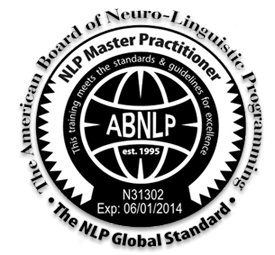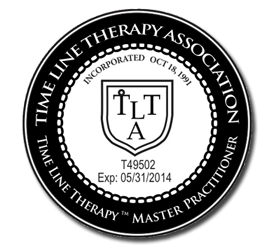About
Why NLP?
I’ve always been interested in what drives people to do what they do. How come some people succeed and live happy lives, and some people don’t? In past years my involvement in music sparked off this journey; reading artist’s lyrics, hearing them express their problems, their worries, what made them happy and sad; by listening to music you can really learn a lot from people.
I decided to take this further and plan for a career in maybe psychology, or counselling. After looking at various courses, I came across some articles online around NLP (Neuro Linguistic Programming) that really interested me. Here was a school of thought that studied people who were excellent at what they do, and were able to discover the inner unconscious skills, which allowed these people to do these excellent things. I was really intrigued in how the study of NLP could help you find out how people really do things inside their minds, I decided to order a number of books on the subject.
[et_lb_bar css_class=””][/et_lb_bar]
My Training
This led on to me taking my NLP Practitioner and Master Practitioner training in NLP, Hypnotherapy, and Time Line Therapy® with OP2XL Ltd, who are the leading company for NLP training in Birmingham and the West Midlands, UK. Throughout my studies, and as part of my mentoring scheme with OPT2XL, I was truly in disbelief around the outstanding results that these techniques and mindsets have with people. I know first hand how effective these techniques are, as they’ve helped me find my purpose, and positively change my life for the better. From answering the question ‘What should i do with my life?’, to letting go of negative emotions, learning how to build self esteem, living healthier, stopping bad habits, and really getting to understand yourself and how to find your passion, I personally haven’t found anything better than the approaches of NLP, Hypnosis and Time Line Therapy®.
One thing that I found out early in my study’s is that NLP, Hypnotherapy, and Time Line Therapy® are all self-regulated fields. This means that they are not regulated by government bodies, but by independent organisations who set what they think is the appropriate skill levels for practitioners, and then it is the practitioner’s choice whether they want to follow those guidance’s or not. I think that when working with people with what can be very delicate and personal issues, the highest level of competence is a must. That’s why my training adhered to the guidelines of the American Board of NLP (ABNLP), Time Line Therapy® Association (TLTA), American Board of Hypnotherapy (ABH), and exceeds the standards of the Association of NLP (ANLP) which is the UK membership body. I am also a member of the ABNLP and TLTA, as from my research their training schools train the most people worldwide, and hold in my opinion the best ethics and moral practises, including exceptionally high standards, which I personally wanted to follow in my practises.
[et_lb_bar css_class=””][/et_lb_bar]
How it all works
NLP’s approach to working with people is a little different than what most are used to. It doesn’t include spending a lot of time talking about your problem. The reason for this is NLP looks to discover the process and structure of your problem, rather than in traditional approaches where it is likely that you will spend a lot of the time talking over the problem and re-living it in order to overcome it. The way it seems to me, is that if you continually have to re-experience your problem again and again, it could actually help to re-enforce the problem rather than overcome it. It’s important to know how to stop worrying about your problem, and moving towards creating the positive changes in your life that you desire. NLP’s perspective is to identify the way in which you structure the problem personally, this allows us to then quickly move forward towards solutions, letting go of limiting barriers and negative emotions which were previously holding you back, and re-structuring your thinking so that you can think and do things more positively from now on.
If you would like to know more about our techniques and principles, you can read this article on ‘What is NLP?’





